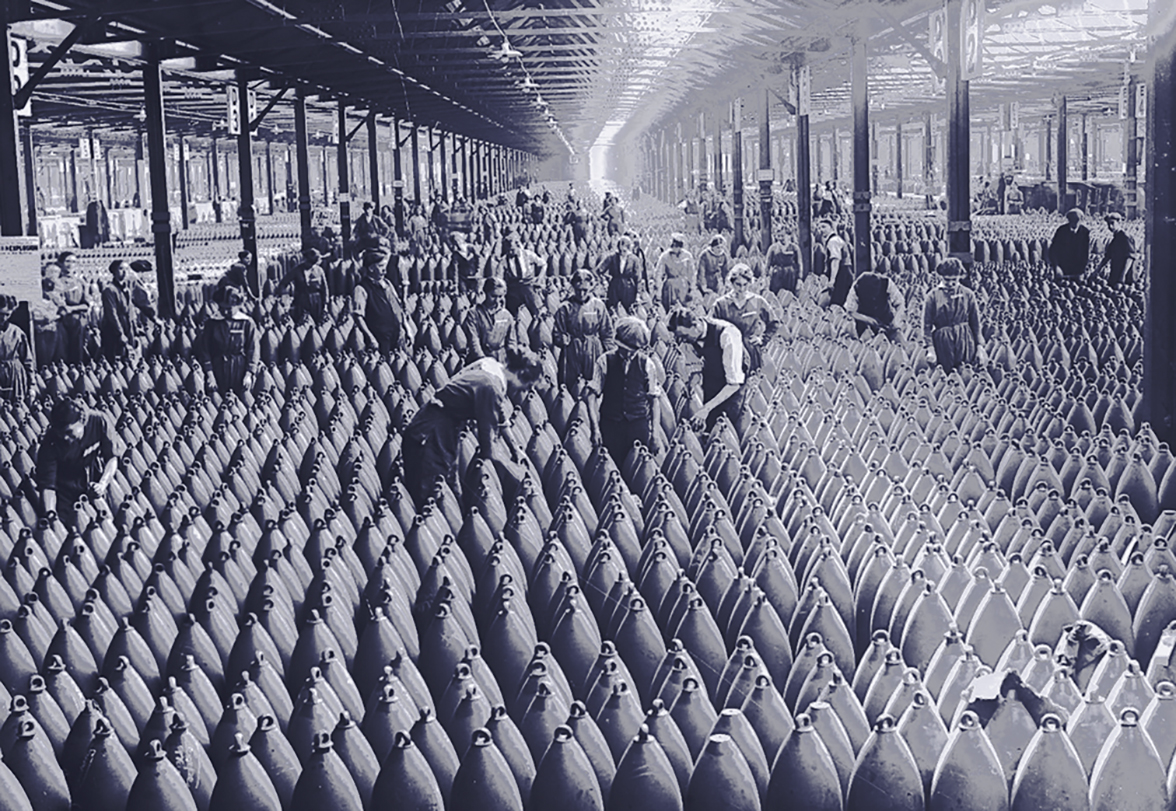
- This event has passed.
Never-Ending War!: Novels on Conflict, Resistance and Resilience
Thu, April 14, 2022 @ 7:00 PM - 9:00 PM
$25.00 – $45.00
with The MEP Literature Studies Group (five more weeks)
“Fiction gives us empathy: it puts us inside the minds of other people, gives us the gifts of seeing the world through their eyes. Fiction is a lie that tells us true things, over and over.” – Neil Gaiman
The Marxist Education Project Lit reading group revisits some literary classics along with contemporary novels that are prescient and compelling –challenging us to think about our understanding of history and how we will confront the present moment.
reading group revisits some literary classics along with contemporary novels that are prescient and compelling –challenging us to think about our understanding of history and how we will confront the present moment.
Colonel Chabert by Honoré de Balzac (originally published in 1832)
One of the shorter, but also prescient novels of Balzac’s “The Human Comedy” (La Comédie Humaine), Colonel Chabert Balzac juxtaposes two world-views: the Napoleonic value-system, founded on honor and military valor and that of the Restoration, through the story of a returning soldier who is literally dead to the world. The discussion of this has concluded.
At Night All Blood is Black by David Diop (2018)
Alfa Ndiaye is a Senegalese man who, never before having left his village, finds himself fighting as a so-called “Chocolat” soldier with the French army during World War One. Peppered with bullets and magic, this remarkable novel fills in a forgotten chapter in the history of the “Great War’, as WWI was known until the next world war. Blending oral storytelling traditions with the gritty, day-to-day, journalistic horror of life in the trenches, David Diop’s At Night All Blood is Black is a dazzling tale of a descent into complete madness The discussion of this has concluded.
The Pull of the Stars by Emma Donaghue (2020)
Dublin, 1918: three days in a maternity ward at the height of the Great Flu. A small world of work, risk, death and unlooked-for love. In an Ireland doubly ravaged by war and disease, Nurse Julia Power works at an understaffed hospital in the city center—the ward where expectant mothers who have come down with the terrible new flu are quarantined.
Conquered City by Victor Serge (1932)
1919-1920: St. Petersburg, city of the czars, has fallen to the Revolution. Conquered City is about terror: the Red Terror and the White Terror. But mainly about the Red, the Communists who have dared to pick up the weapons of power—police, guns, jails, spies, treachery—in the doomed gamble that by wielding them righteously, they can put an end to the need for terror, perhaps forever. Conquered City is their tragedy and testament.
Slaughterhouse Five by Kurt Vonnegut (1969)
Slaughterhouse Five follows the life and experiences of Billy Pilgrim, from his early years, to his time as an American soldier and chaplain’s assistant during World War II, to the post-war years, with Billy occasionally traveling through time. The time travel returns to the fire-bombing of Dresden, which was a firebombing by the British and Americans incinerating about 25,000. Vonnegut’s novel has been called an example of “unmatched moral clarity” and “one of the most enduring antiwar novels of all time”. Vonnegut had been a prisoner of war in Dresden during this bombing.
